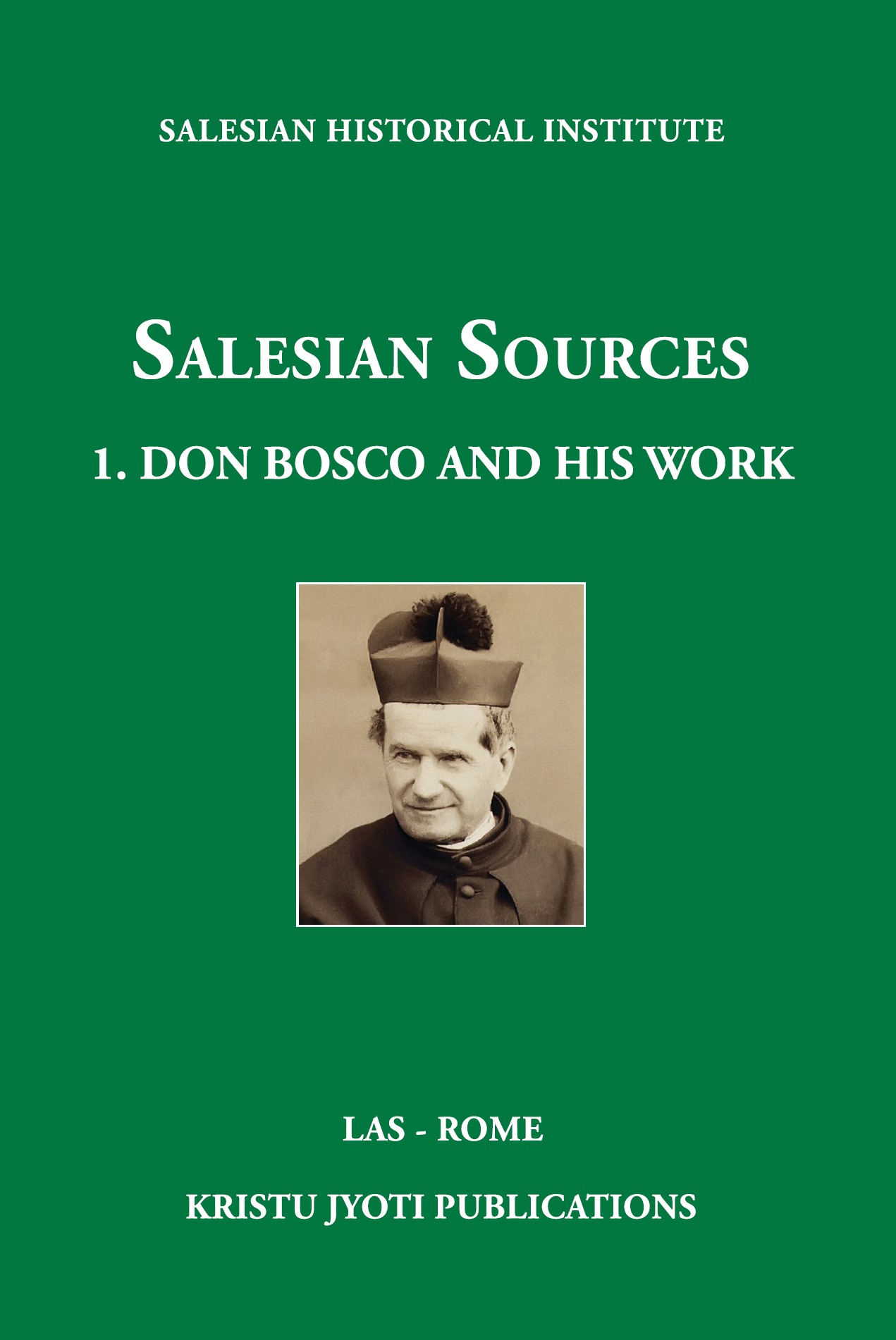In the years immediately preceding and following Italian Unity (1858-1866), Don Bosco kept constantly in touch with Pius IX by letter. He did this not only for interests directly relating to his work, but also in reference to the worrying situation the Church was going through in Piedmont, to encourage him in his defence of the faith against the enemies of religion, and to pass on to him any likely reserved information in his possession. As already indicated, Don Bosco was with Pius IX and his Secretary of State, Card. Antonelli, on the Roman question. Slowly however, he became convinced that a too vigorous resistance to the “revolution” was becoming ever more pointless, even risked worsening the situation, so after the capture of Rome he chose, also politically, the principle of doing whatever good could be done.
Continue reading “Giovanni Bosco – Confidential letters to the Pope concerning the political situation (1858-1867, 1873)” →





